Scottish Fold: Breed Profile, Characteristics & Care
The Scottish fold cat is a sweet-tempered, short-haired breed with an adorably round face and folded ears. The cat's small ears fold forward and downward, giving them a unique countenance that almost resembles an owl. The trait can be traced back to a barn cat in Scotland that carried the mutated gene that became the basis for the breed. Unfortunately, the gene for folded ears is also associated with a painful skeletal disorder.
Learn more about the playful and affectionate Scottish fold, including their care needs, temperament, and more.
Breed Overview
Other Names: Fold
Personality: Affectionate and sociable but not demanding
Weight: Up to 11 pounds
Length: Up to 30 inches
Coat Length: Short hair; a long-haired variant is less common
Coat Colors: Brown, gray, black, red, cream, white
Coat Patterns: Tabby, tortoiseshell, and calico
Eye Color: Green, blue-green, and gold
Lifespan: Up to 14 years
Hypoallergenic: No
Origin: Scotland
Scottish Fold Characteristics
Scottish folds are known for their easygoing temperament and sociability. They usually get along great with cat-friendly dogs and other cats and adapt well to multi-pet households. Children who are old enough to respect this cat and not handle them roughly will make fast friends with the Scottish fold, whose affectionate personality is both comforting and endearing to people of all ages.
The Scottish fold doesn't need a lot of active engagement or strenuous exercise to be happy; they will thrive in a household where casual play is balanced with plenty of quiet cuddle time.
Scottish fold kittens are not born with folded ears. The ears of the kittens that carry the gene begin folding somewhere around 21 days of age, starting with the outer edge of the ear near the base. The fold gene is an incomplete autosomal dominant gene that affects the development of cartilage and bone throughout the cat's body.
A cat that has two copies of the gene is said to be homozygous. Cats that have two copies of the gene that produces folded ears can have severe health problems, including a skeletal disorder called osteochondrodysplasia that can cause crippling arthritis at a young age. Homozygous cats are not bred for obvious ethical reasons.
Cats that have one copy of the gene are heterozygous. They should display the folded ear characteristic but be somewhat healthier. They can develop arthritis but usually at an older age. There is controversy about whether these cats have a good quality of life or suffer pain due to their folded ears.
| Affection Level | High |
| Friendliness | Medium |
| Kid-Friendly | High |
| Pet-Friendly | High |
| Exercise Needs | Medium |
| Playfulness | Medium |
| Energy Level | Medium |
| Intelligence | High |
| Tendency to Vocalize | Low |
| Amount of Shedding | Medium |
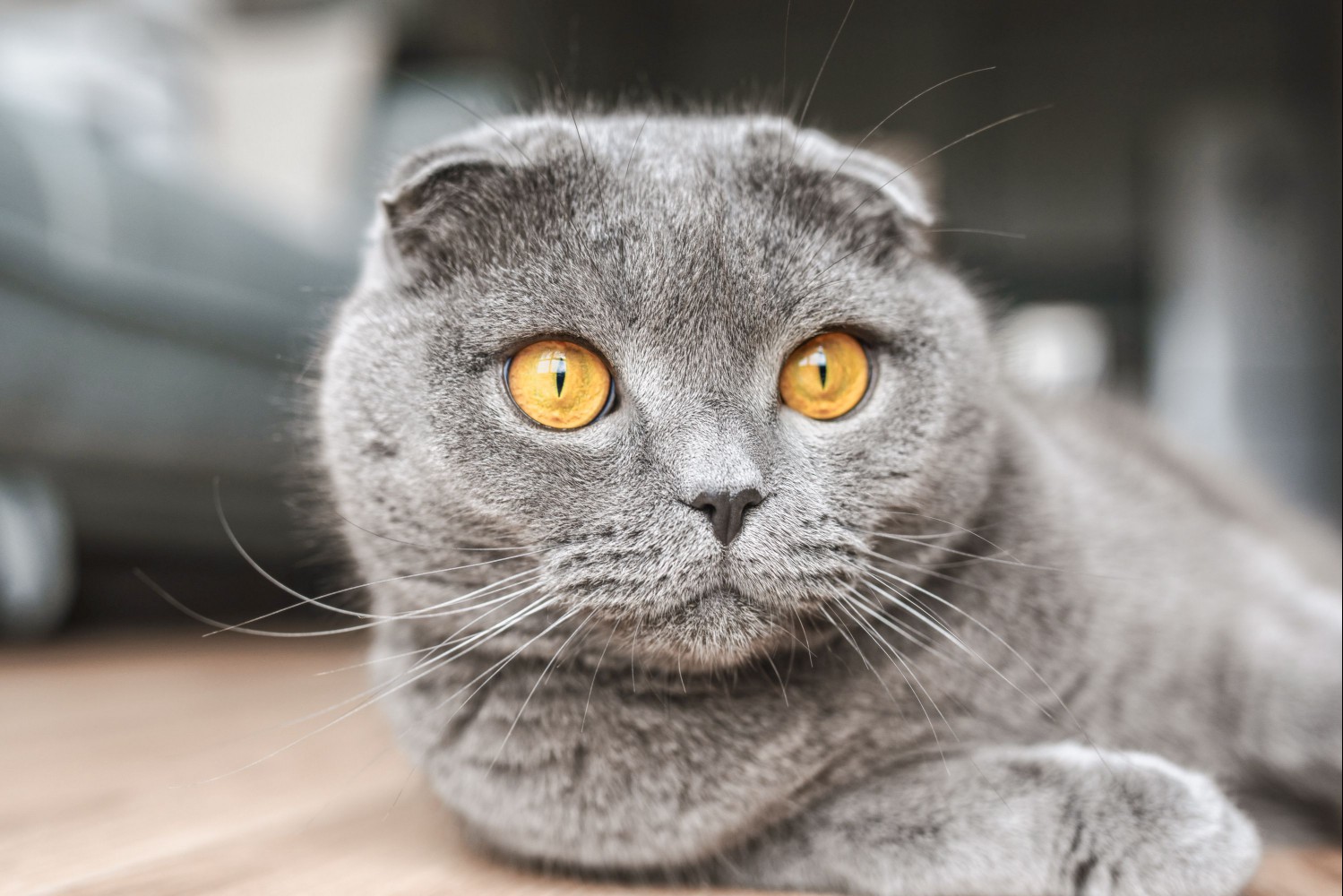
The Spruce / Ulyana Verbytska
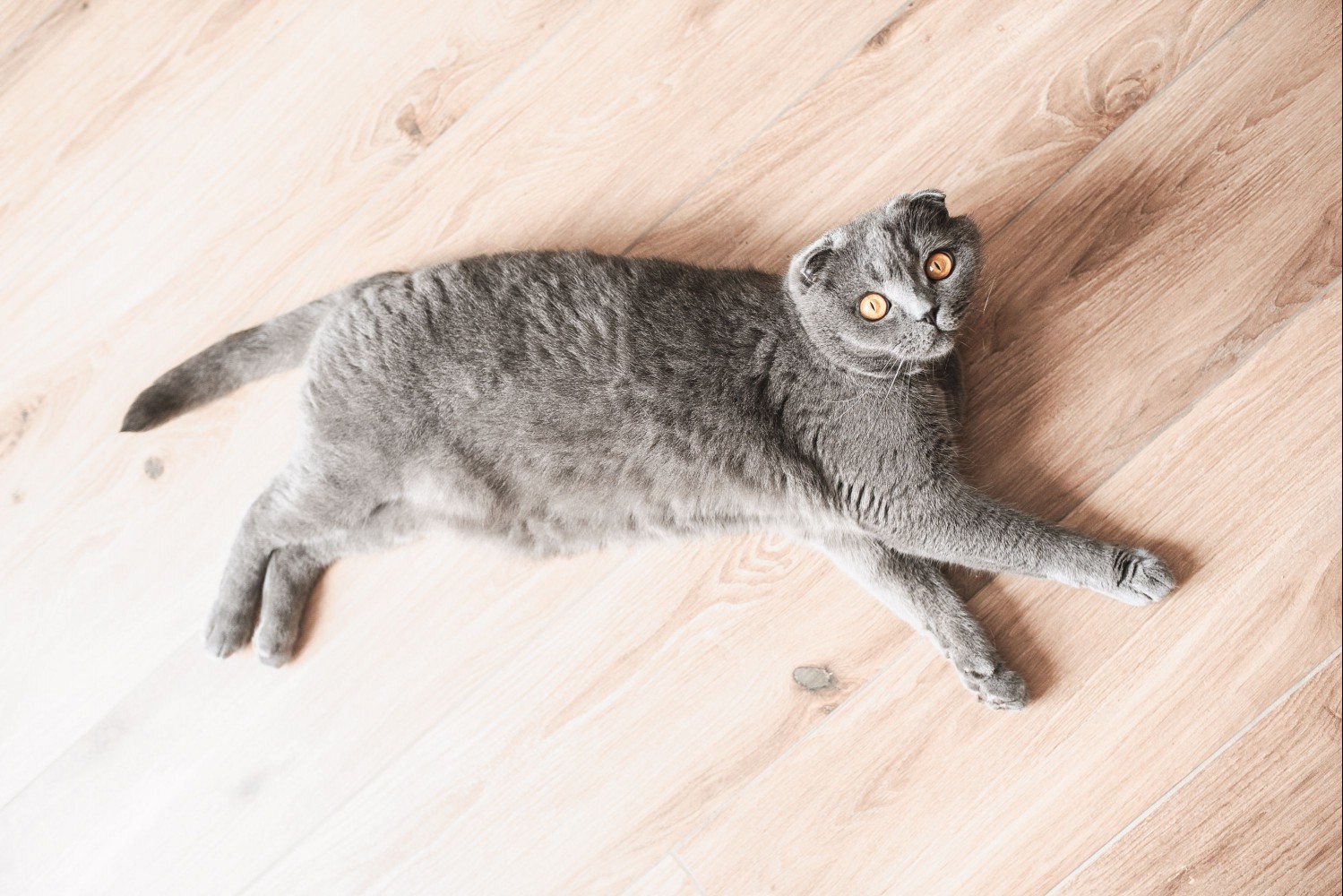
The Spruce / Ulyana Verbytska
History of the Scottish Fold
The first Scottish fold was a barn cat named Susie discovered on a farm in Perthshire, Scotland, in 1961. She had a natural mutation for folded ears, which she passed on to half her kittens. Neighboring farmer William Ross took an interest in the unique ears and bred one of Susie's kittens Snooks with a male tabby cat. This started the line of Scottish folds.
Many veterinarians oppose breeding Scottish folds because any cat with the folded ear gene has osteochondrodysplasia, which may cause pain and/or debilitation. Debates are active in countries where breeding continues.
While the breed was registered with the Governing Council of the Cat Fancy (GCCF) in the United Kingdom, this was withdrawn in 1971 due to ethical concerns about the health of the cats. However, breeding continued in the United States and elsewhere. They are accepted by the American Cat Fanciers' Association (ACFA), Cat Fanciers' Association (CFA), and The International Cat Association (TICA).
Pop singer Taylor Swift has two Scottish folds named Meredith and Olivia. A Scottish fold also appears in the movie Argyll.
Scottish Fold Care
Scottish folds are fairly low-maintenance cats that prefer to spend time with their humans. They need the typical amount of play and exercise as other domestic cats.
Exercise
Scottish folds are moderately active. They like to be around their humans and play interactive toy games. Make sure to provide your Scottish fold e a cat tree for climbing and surveying the room—even Scottish folds want to get "above it all" once in a while.
When petting or playing with a fold, handle their tails gently. These cats commonly have stiff tails that may be painful to bend or pull.
Grooming
Are Scottish folds hypoallergenic? No, Scottish folds are not hypoallergenic. They have a double coat, and may need help with grooming due to limited mobility from osteoarthritis. Bathing may be necessary because of this as well.
These cats have dense fur that needs weekly brushing to help prevent hairballs and mats. Trim your cat's nails every couple of weeks and provide a scratching post so they can appropriately scratch without harming your furniture. Maintain good dental hygiene by brushing your cat's teeth at least weekly.
Pay attention to your Scottish fold's ears and check them weekly for any signs of irritation, mites, or infection. The fold of the ears can make these cats slightly more prone to ear infections due to decreased airflow, so proper cleaning is important.
Common Health Problems
Scottish folds can be prone to several health problems, so adopting one from a reputable breeder is very important. These health conditions might affect them:
- Osteochondrodysplasia: This genetic skeletal disease is the biggest health concern for Scottish folds. It affects cartilage and bone development. If you are checking a cat for possible purchase or adoption, look for a stiff tail, stiff leg joints, or any movement problem in the legs or feet which may be a sign that the cat is affected by osteochondrodysplasia. The condition is likely to worsen over time. Even with the prevalence of osteochondrodysplasia, Scottish folds have a normal feline lifespan. Unfortunately, they may experience more discomfort in their lives than other breeds.
- Polycystic kidney disease: This is an inherited, congenital problem that causes pockets of fluid to form in the kidneys
- Cardiomyopathy: This is heart disease, and there are multiple types of heart disease that affect cats. Symptoms include heart murmurs, changes in appetite or weight, irregular breathing, and lethargy, among others.
- Arthritis: As a result of osteochondrodysplasia, Scottish folds will most likely develop arthritis at some point in their lives. This causes pain and problems with mobility.
Appearance
Folded ears are the most unusual feature of a Scottish fold cat, but their general appearance is also notably round. Both their head and body tend to be rather orb-shaped, with stocky legs and a somewhat stubby tail that accentuate the cat's overall roundness. Their large eyes are also nearly perfect circles.
Scottish folds are medium-sized cats that are more likely to have short, dense hair than long, and their coats come in a variety of colors and patterns, such as gray, black, cream, red, white, and brown, as well as tabby, calico, and tortoiseshell.
Scottish fold kittens who don’t develop folded ears are called Scottish straights.
Diet and Nutrition
A Scottish fold should receive the same type of feeding as any domestic cat with an emphasis on weight control because obesity puts extra strain on the skeleton and can lead to diseases like diabetes. You can choose wet or dry food or a combination.
Your cat's needs will change throughout their life, and you should consult your veterinarian for nutritional recommendations. Be sure to monitor your pet for obesity as that can shorten a cat's lifespan.
Where to Adopt or Buy a Scottish Fold
Scottish folds are expensive; breeders might charge $1,000 to $3,000 or more for kittens.
You may be able to find a purebred Scottish fold cat through a breeder in your area, but if you would rather adopt from a rescue organization, check out:
- Petfinder
- Adopt a Pet
Scottish Fold Overview
There is no question as to the charm and friendliness of the Scottish fold cat. They are calm, affectionate, and adaptable to most households. The trouble with this breed is the likelihood of pain and debilitation—either lifelong or as a senior cat—that comes as the "price" of having those cute folded ears.
Pros of Scottish Folds
- Unique, cute appearance
- Calm and easygoing
- Affectionate and friendly with adults, kids, and other pets
Cons of Scottish Folds
- High risk for debilitating cartilage and bone disease
- May be uncomfortable throughout life
- Breeding is controversial
More Cat Breeds and Further Research
If you’re interested in similar breeds, check out:
- Munchkin
- Toyger
- Burmese
- Are Scottish fold cats cuddly?
These affectionate cats love being held unless they experience pain due to skeletal abnormalities associated with osteochondrodysplasia. When they aren’t playing, they like cuddling.
How much do Scottish fold cats cost?Purebred Scottish fold kittens from reputable breeders could cost $1,000 to $3,000 on average.
Why should you not get a Scottish fold cat?Even though Scottish folds are cute and friendly cats, they all carry a gene associated with painful skeletal abnormalities that may cause them to become sore or even crippled at some point in their lives. If you do decide to bring home a Scottish fold, make sure their parents do not both have folded ears.
RECOMMENDED NEWS

How to Clicker Train Your Cat
Some nay-sayers will grumble that cats cannot be trained. That is not true. Cats are extr...

Is Feliway Effective in Modifying Cat Behavior?
For several years Feliway has been available at pet stores, vet hospitals, and online ret...

Hookworms in Cats
Hookworms are a common but highly treatable parasite in cats. Hookworms attach themselve...

Norwegian Forest Cat: Breed Profile, Characteristics & Care
The Norwegian forest cat possesses a long, dense coat that helped their ancestors survive...

Siamese Cats Picture Gallery
In 1880 the King of Siam gave two pairs of Siamese cats to the English consul-general in ...

American Shorthair: Cat Breed Profile, Characteristics & Care
The American shorthair is a medium-sized cat with a gentle nature, making them a great co...
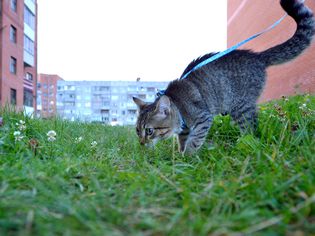
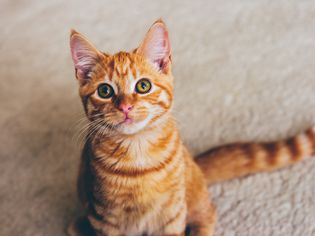
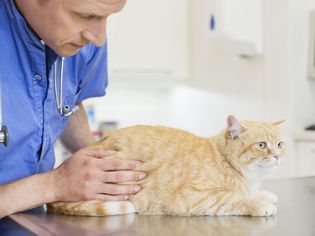
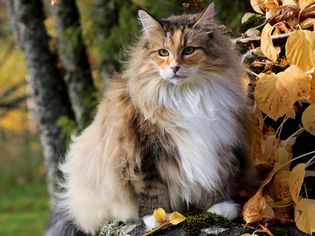
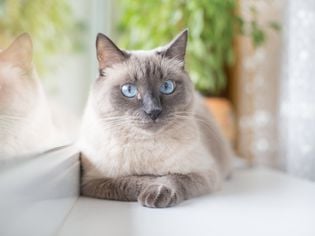
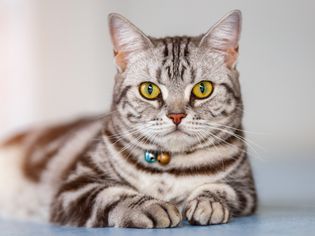
Comments on "Scottish Fold: Breed Profile, Characteristics & Care" :